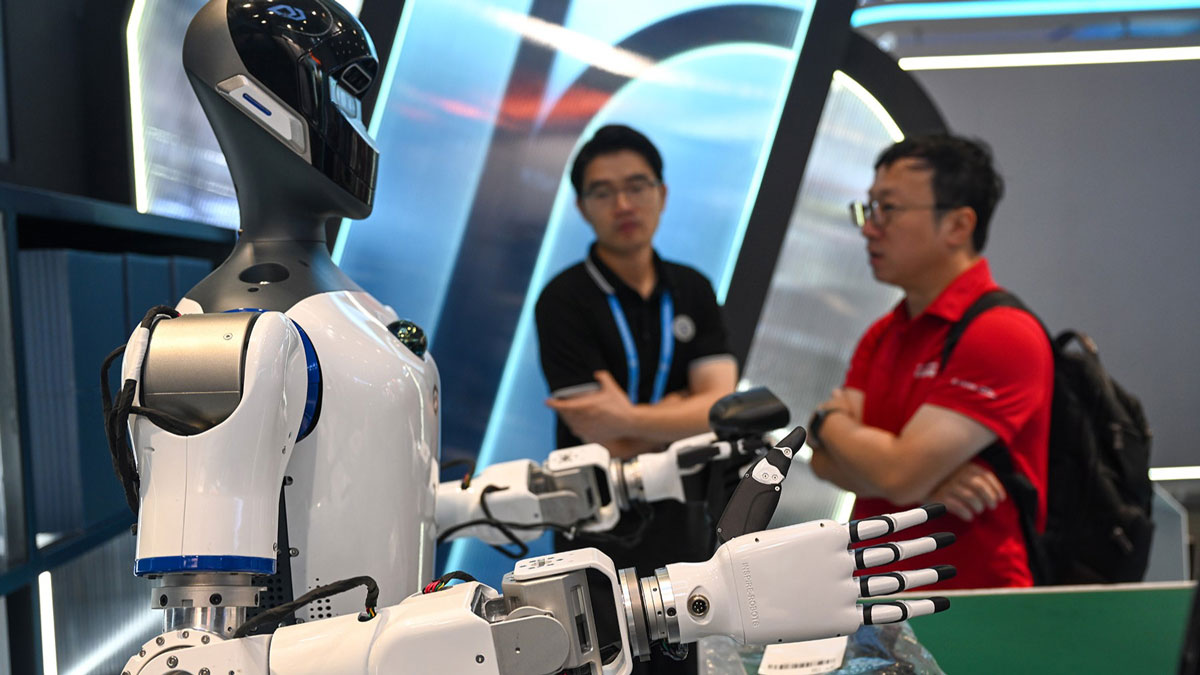US-China trade
Five things to watch in 2025: Washington’s Asia economic strategy
Published 07 January 2025
The incoming Trump White House is organizing itself to take an aggressive approach toward Asia on trade and investment matters, with a particular focus on China. As 2025 unfolds, pay attention to whether Trump’s proposed new tariffs will come staggered or all at once, how China might retaliate, whether Trump and Xi will negotiate, to what extent would the Trump administration expand tech controls, and the role Congress will play.
Trade-minded people in Asia need to pay particularly close attention to Trump’s pledge to fundamentally reverse the US’ traditional Asia-facing economic openness, manifested in the team of personalities the president-elect has assembled to manage his foreign policy. Some are neo-conservatives who want to devote more US resources to the projection of American power and take additional steps to constrain the rise of China. But others – including Donald Trump himself – lean isolationist and transactional, and apply "America First" principles when evaluating the question of "what’s in it for the United States?"
Donald Trump’s transactional attitude extends into the trade and investment policy realm, reflecting a deep sense of national grievance about America’s trade deficits and dependence on manufactured imports. Trump firmly believes that America’s current external economic situation is "unfair," and needs to be rectified. On the campaign trail, the president-elect has threatened to impose tariffs of 60% on China and up to 20% on imports coming from elsewhere globally.
But just as Trump’s general geopolitical isolationism is balanced by a desire to appear "strong" on the international stage, the president-elect’s protectionist and anti-globalist instincts are similarly counterbalanced by a desire for solid noninflationary economic growth, and for American financial markets to continue to reign supreme as pools of global and national wealth. Trump’s top economic advisors, such as Treasury Secretary-designate Scott Bessent, surely understand that across-the-board tariff hikes could create inflationary expectations that lead to higher interest rates and a stronger dollar – possibly wiping out the theoretical "onshoring" and trade balance gains from the tariffs.
Download Five things to watch in 2025: Washington’s Asia economic strategy by Kurt Tong:

In this paper, Kurt Tong, Managing Partner at The Asia Group who is also an Advisor to the Hinrich Foundation and the former top US envoy to Hong Kong, discusses the important watchpoints for how this will all play out in the coming year. A central matter, Kurt notes, is whether the Trump White House wants negotiations or simply economic decoupling.
© The Hinrich Foundation. See our website Terms and conditions for our copyright and reprint policy. All statements of fact and the views, conclusions and recommendations expressed in this publication are the sole responsibility of the author(s).
Author
Kurt Tong
Ambassador Kurt Tong is a Managing Partner at The Asia Group, where he brings 30 years of diplomacy experience to lead the firm’s work in Japan and China, and on East Asia regional policy matters.
Have any feedback on this article?
Related Articles

Ever further from free trade: The disruptive radicalism of Trump 2.0
03 September 2024

What trade tells us about the myths in the US-China economic contest
03 December 2024

Five things to watch in data governance in the Asia-Pacific in 2025
07 January 2025

Ever further from free trade: The disruptive radicalism of Trump 2.0
03 September 2024

What trade tells us about the myths in the US-China economic contest
03 December 2024

Five things to watch in data governance in the Asia-Pacific in 2025
07 January 2025

Ever further from free trade: The disruptive radicalism of Trump 2.0
03 September 2024



